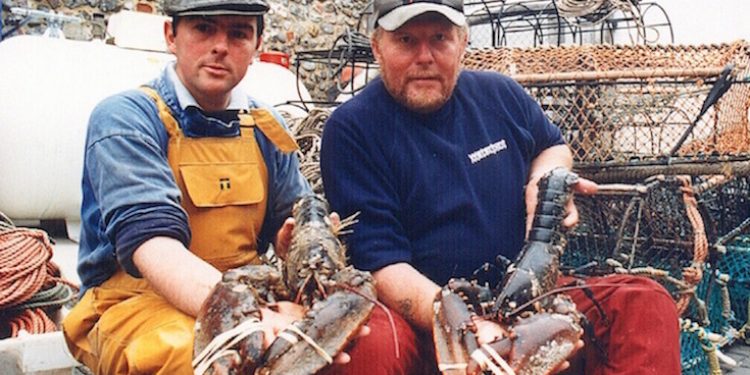From Sunday 1st October fishermen will no longer be able to land berried lobsters and crawfish in English waters, a move designed to protect these animals and the sustainability of the fishery.
According to DEFRA, these new protections are intended to improve the long-term sustainability of England’s shellfish industry and support the next generation of fishermen.
England’s shellfish industry is worth £117 million, and over £22 million worth of lobster and crawfish were landed in ports in 2016. But with stock assessments indicating these species are being fished at more than twice the rate scientists consider optimal, taking action now will make stock levels more sustainable and provide long-term benefits for the fishing industry.
‘We do not have quotas for lobsters but it is important to harvest shellfish sustainably. Ensuring that all egg bearing lobsters are returned to the sea is an obvious step to allow populations to regenerate,’ said fisheries minister George Eustice.
‘These new regulations will ensure a consistent approach around our coast and help protect our marine environment and the future of our shellfish industry.’
The changes come after the government consulted on introducing a ban in May, with respondents overwhelmingly in favour of proposals put forward and agreeing stocks are being over-exploited.
Local bans on landing berried lobsters and crawfish are already in place in certain Inshore Fisheries Conservation Authorities (IFCAs), but a co-ordinated national ban around England will provide a consistent framework to sustain these important species.
The move follows a similar ban on catching and keeping berried edible crabs – part of the UK’s continued work to champion sustainable fishing.
DEFRA states that the UK is leading the way in Europe in providing this new protection for shellfish – with a proposal for similar action to ban the landing of berried lobsters across the EU currently under discussion.









